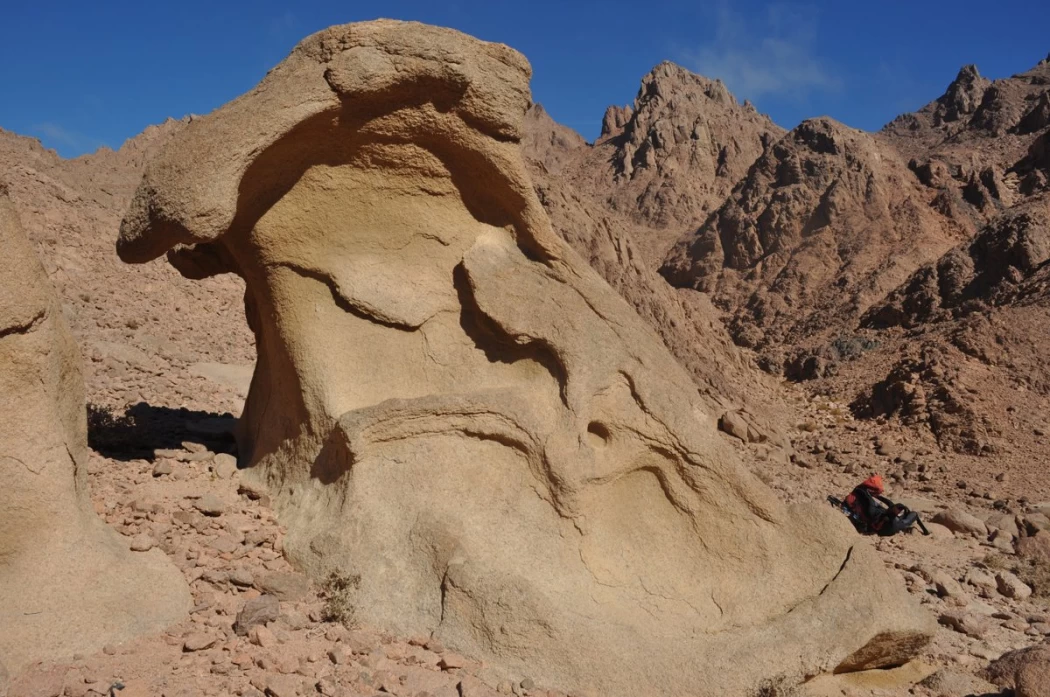Admin
Khufu's full name was Khnum-Khufwy, which translates as '[the deity] Khnum protect me'. He was the son of Sneferu and Queen Hetepheres I and is thought to have had three wives. He is famed for building the Great Pyramid of Giza, one of the world's seven wonders, but we know virtually little else about him.
Admin
History of Chephren | King Khafra
Chephren, or King Khafre, was the 4th Dynasty pharaoh who ruled during Egypt's Old Kingdom (c. 2558–2532 BC), son of Khufu and builder of the second-largest pyramid at Giza, along with the Great Sphinx of Giza. His reign is notable for the iconic monuments at Giza and the masterful diorite Khafre Enthroned statue, a key work of ancient Egyptian art that symbolizes divine kingship and stability
Admin
Queen Hatshepsut | Queen of Egypt
Considered one of Egypt's greatest pharaohs, Hatshepsut brought great wealth and artistry to her land. She sponsored one of Egypt's most successful trading expeditions, bringing back gold, ebony, and incense from Punt (probably modern-day Eritrea, an African country).
Admin
The Great Alexander
Alexander the Great, a Macedonian king, conquered the eastern Mediterranean, Egypt, the Middle East, and parts of Asia in a remarkably short period. His empire ushered in significant cultural changes in the lands he conquered and changed the course of the region's history.
Admin
Muhammed Ali Pasha
Muhammad Ali (4 March 1769 – 2 August 1849) was the Ottoman Albanian viceroy and governor who became the de facto ruler of Egypt from 1805 to 1848, widely considered the founder of modern Egypt. At the height of his rule, he controlled Egypt, Sudan, Hejaz, the Levant, Crete and parts of Greece.
Admin
King Snefru | Founder of the Fourth Dynasty
King Snefru was the founder of the Fourth Dynasty of Egypt and is considered the greatest pyramid builder of Ancient Egypt, credited with perfecting the pyramid form through projects like the Bent Pyramid and the Red Pyramid at Dahshur. His reign is known for architectural innovation, consolidating royal power, and extensive military and trade expeditions.
Admin
Cleopatra VII | Cleopatra Philopator | The Macedonian Dynasty in Egypt
Cleopatra was charismatic and intelligent, and she used both qualities to further Egypt's political aims. She was also ruthless, reportedly killing several family members in order to solidify her power. The only member of her house to learn Egyptian, she was said to be a popular ruler.
Admin
The King Menes | Narmer
"King Menes" is the founder of the 1st dynasty in the history of ancient Egypt and the last king of the predynastic period (6000-3150 BCE). In 3150 B.C, he was able to unify both upper and lower Egypt as shown on the legendary Narmer Palette. His name means "The One Who Endures," and his reign lasted for 62 years.
Admin
Facts About King Hor-Aha | Dynasty 1 | Horus Aha King
Hor-Aha (or Aha or Horus Aha; fl. c. 3050 BC) is considered the second pharaoh of the First Dynasty of Egypt by some Egyptologists, while others consider him the first one and corresponding to Menes. He lived around the 31st century BC and is thought to have had a long reign.
Admin
History of King Khasekhemwy | Pharaohs of Egypt
Pharaoh Khasekhemwy ruled ancient Egypt during the 2nd Dynasty, in the 27th century BCE, between 2727 and 2700 BCE. He unified Upper and Lower Egypt after a period of turmoil and established his capital in Hierakonpolis, in the southern region of the country.
Admin
Facts about Queen khentkawes | Queens of Egypt
Queen Khentkawes I was a powerful figure in ancient Egypt, particularly during the transition between the Fourth and Fifth Dynasties. She is believed to be the mother of two Fifth Dynasty pharaohs, Sahure and Neferirkare, and may have even ruled as pharaoh in her own right. Her tomb at Giza, near Menkaure's pyramid complex, suggests a close relationship with the royal family.
Admin
History of King Huni | Third Dynasty Kings of Egypt
King Huni was the last pharaoh of Egypt's Third Dynasty, ruling during the Old Kingdom period. He is believed to have reigned for around 24 years, possibly beginning around 2630 BC. While his reign is historically significant, details about his rule and achievements are scarce due to limited surviving records. He is often considered the predecessor to King Sneferu, the founder of the Fourth Dynasty.
Admin
The king Userkaf
Userkaf (flourished 25th century bce) was the first king of the 5th dynasty of ancient Egypt (c. 2435–c. 2306 bce), under whose reign the cult of Re, god of the sun, began to gain unprecedented importance. Probably descended from Redjedef (third king of the 4th dynasty [c.
Admin
Salah El-Din Al-Ayoubi
Coming from Sunni Kurdish origins in Syria, Saladin built his reputation as a military leader under the Shi'a Fatimid Caliphate that built Cairo but eventually seized power for himself, founding the Ayyubid Dynasty in 1171 AD and becoming the First Sultan of Egypt and Syria.
Admin
Queen Nefertiti
Nefertiti was a queen of Egypt and wife of King Akhenaton, who played a prominent role in changing Egypt's traditional polytheistic religion to one that was monotheistic, worshipping the sun god known as Aton. An elegant portrait bust of Nefertiti now in Berlin is perhaps one of the most well-known ancient sculptures
Admin
History of King Seti I
King Seti I was an important pharaoh of ancient Egypt's 19th Dynasty, ruling around 1290 to 1279 BC. He was known for his military campaigns to secure Egypt's borders and expand its territory, as well as for his extensive building projects, particularly at Karnak and Abydos. He was also the father of the famous pharaoh Ramses II.
Admin
History King Ramses III
Ramesses III was an Egyptian pharaoh of the 20th Dynasty, ruling from around 1186 to 1155 BC. He is known as one of the last great warrior pharaohs of the New Kingdom and for successfully defending Egypt against invasions by the Sea Peoples and Libyans. He also initiated a large-scale building program, most notably at Medinet Habu, where his mortuary temple still stands.
Admin
King Peribsen | 2nd Dynasty Kings of Egypt
King Peribsen was an early Egyptian pharaoh of the Second Dynasty (c. 2890–2686 BC) known for breaking with tradition by placing the deity Seth's symbol above his name instead of the usual Horus falcon, indicating a significant shift in religious and political power. He is also noted for his tomb at the royal cemetery of Abydos and for associated inscriptions, including the discovery of the first complete sentence in Egyptian history.
Admin
King Djedefre | Successor of Cheops
Djedefre was the son and immediate throne successor of Khufu, the builder of the Great Pyramid of Giza; his mother is not known for certain. He is the king who introduced the royal title Sa-Rê (meaning “Son of Ra”) and the first to connect his cartouche name with the sun god Ra.
Admin
Facts About King Senusret II | 12th Dynasty Middle Kingdom
King Senusret II was a pharaoh of the 12th Dynasty during the Middle Kingdom of Egypt, known for his focus on the Faiyum oasis region. He initiated an extensive irrigation project aimed at increasing cultivable land and moved the royal necropolis to El-Lahun, where he built his pyramid. Senusret II also established the first known workers' quarter in the nearby town of Senusrethotep (Kahun).
Admin
Biography of King Pepi I
Pepi I Meryre was an Ancient Egyptian pharaoh, third king of the Sixth Dynasty of Egypt, who ruled for over 40 years at the turn of the 24th and 23rd centuries BC, toward the end of the Old Kingdom period.
Admin
Facts about King Mentuhotep II | Last King of the 11th Dynasty
King Mentuhotep II, also known as Nebhepetre, was the sixth ruler of the 11th Dynasty and is renowned for reuniting Egypt, thus ending the First Intermediate Period and ushering in the Middle Kingdom. He reigned for 51 years, succeeding his father, Intef III, and was followed by his son, Mentuhotep III. Mentuhotep II's unification of Upper and Lower Egypt was a significant achievement, centralizing power in Thebes and establishing it as the capital.
Admin
History of Ptolemy II (Philadelphus)
Ptolemy II Philadelphus, the second ruler of the Ptolemaic Kingdom of Egypt, reigned from 282 to 246 BC. He was known for promoting the cultural and intellectual growth of Alexandria, overseeing the completion of the Library and Lighthouse. He also expanded the kingdom's influence through foreign conflicts and diplomatic marriages, solidifying its position in the Mediterranean
Admin
Ptolemy III the Ptolemies in Egypt
Ptolemy III Euergetes ("the Benefactor") was the third Ptolemaic ruler of Egypt (246–222 BC), during whose reign the Ptolemaic Kingdom reached its economic and political peak. A cultured patron of the arts and sciences, he launched the Third Syrian War against the Seleucid Empire with near-total victory but was forced to return due to an Egyptian revolt. He also supported the native Egyptian elite by funding temples and grain distribution, as documented in the Canopus Decree.
Admin
History of Ptolemy IV: King Ptolemy IV
Ptolemy VI Philometor was a Greek king of Ptolemaic Egypt who reigned from 180 to 164 BC and from 163 to 145 BC. He is often considered the last ruler of ancient Egypt when that state was still a major power.
Admin
History of Ptolemy VIII his title was Yorgetis II (meaning goodness)
Ptolemy VIII, also known as Ptolemy VIII Physcon or Ptolemy VIII Euergetes II, was a king of the Ptolemaic dynasty in Egypt, ruling from 145 to 116 BC. He was known for his turbulent reign, marked by political conflicts with his siblings and nephew, as well as his marriages to both his sister and niece. Despite a negative portrayal in ancient sources, he also supported Egyptian temple building and integrated Egyptians and Greco-Egyptians into the army and administration.
Admin
History of Ptolemy kings in Egypt from (VIIII - XII)
The Ptolemaic rulers of Egypt, specifically numbers VIII through XII, were marked by internal strife, power struggles, and ultimately, increased Roman influence. Ptolemy VIII (Physcon) was known for his tumultuous reign, characterized by conflicts with his siblings and the Alexandrians. Ptolemy IX, X, and XI all faced challenges and short reigns, often involving co-regencies and expulsions. Ptolemy XII (Auletes) was heavily reliant on Rome, ultimately leading to his restoration with Roman military support, setting the stage for increased Roman involvement in Egyptian affairs.
Admin
history of Cleopatra VII The last Petolmy kings
Cleopatra VII, often simply called Cleopatra, was the last active ruler of the Ptolemaic dynasty in Egypt, which was a Greek-speaking dynasty that ruled Egypt after the death of Alexander the Great. She reigned from 51 to 30 BCE and is renowned for her intelligence, political acumen, and relationships with Julius Caesar and Mark Antony. Ultimately, her reign ended with the Roman conquest of Egypt after the Battle of Actium and her subsequent death, marking the end of the Ptolemaic era and the beginning of Roman rule.
Admin
Parade of The Royal Mummies
It was a means to encourage tourism in Egypt again. It involved the transportation of twenty-two ancient Egyptian mummies from the Egyptian Museum in Tahrir Square to the National Museum of Egyptian Civilization in Fustat. The mummies included in the parade were all Kings and Queens of the New Kingdom.
Admin
The President of Egypt Abdel Fattah el-Sisi
Abdel Fattah Saeed Hussein Khalil El-Sisi (born 19 November 1954) is an Egyptian politician and retired military officer who has been serving as the sixth and current president of Egypt since 2014.
Admin
The Biography of The President Gamal Abdel Nasser
Gamal Abdel Nasser Hussein (15 January 1918 – 28 September 1970) was an Egyptian military officer and politician who served as the second president of Egypt from 1954 until his death in 1970. Nasser led the Egyptian revolution of 1952 and introduced far-reaching land reforms the following year.
Admin
Biography Of The President Anwar El Sadat
Muhammad Anwar es-Sadat (25 December 1918 – 6 October 1981) was an Egyptian politician and military officer who served as the third president of Egypt, from 15 October 1970 until his assassination by fundamentalist army officers on 6 October 1981.
Admin
History of Amr Ibn El Aass
Amr Ibn Al-Aas is regarded as one of the most important figures in the history of Egypt because he introduced Islam to Egypt. He founded a new city just north of the Roman fort of Babylon called Fustat. Today, the Mosque of Amr Ibn Al-Aas still marks the site of this city.
Admin
History of Ahmad Ibn Tulun
Ahmad ibn Tulun was the founder of the Tulunid dynasty that ruled Egypt and Syria between 868 and 905. Originally a Turkic slave-soldier, in 868 Ibn Tulun was sent to Egypt as governor by the Abbasid caliph.
Admin
History of The last pharaoh Nectanebo
Nectanebo II was the last native Egyptian pharaoh, ruling from 360 to 343 BC. He belonged to the 30th Dynasty and was the last to rule Egypt before it was conquered by the Achaemenid Persian Empire under Artaxerxes III. Despite initial success and a period of prosperity, Nectanebo II was ultimately defeated, fleeing to Upper Egypt and then Nubia, with his ultimate fate unknown.
Admin
History of Trajan The Roman Emperor
Trajan was a Roman emperor (98–117 CE) who sought to extend the boundaries of the empire to the east, undertook a vast building program, and enlarged social welfare. He is also remembered for Trajan's Column, an innovative work of art that commemorated his Dacian Wars.
Admin
The Emperor Diocletian The Roman
Diocletian (ca. 245-311 CE) was a Roman Emperor whose government and economic reforms helped Rome recover from the Crisis of the Third Century. Reigning from 285 to 305 CE, Diocletian split the Roman Empire in half and established the Tetrarchy, where he shared rule with three co-emperors.
Admin
History of Al Hakim bi Amr Allah
Al-Hakim bi-Amr Allah was the sixth Fatimid caliph (996–1021) of Egypt, known for his eccentric and often cruel reign, including the persecution of Christians, Jews, and Sunni Muslims. He is revered by the Druze as a divine figure and by some Shia Ismailis as an infallible imam, while his mysterious disappearance in 1021 is a notable historical event.
Admin
Kafur Abu al-Misk
Abu al-Misk Kafur was a Black Nubian slave and eunuch who rose to become the de facto ruler of the Ikhshidid Egypt and Syria from 946 to 968. Originally a slave of Muhammad bin Tughj, he served as his master's vizier and tutor, ultimately securing the succession of Muhammad's son after his death and governing the domain until his own death.
Admin
History of King Ahmose | The Warrior Pharaoh of Ancient Egypt
King Ahmose I, also known as Ahmose the Liberator, was the founder of the 18th Dynasty and a key figure in ancient Egyptian history. He is renowned for expelling the Hyksos from Egypt, reuniting Upper and Lower Egypt, and initiating the New Kingdom period.
Admin
History of King Ahmose I
King Ahmose I, also known as Ahmose, was the founder of the 18th dynasty and the New Kingdom of Egypt. He is best known for expelling the Hyksos, a foreign ruling dynasty, from Egypt and unifying the country. His reign marked the beginning of a new era of Egyptian power and prosperity.
Admin
Sobekneferu | the First Queen of Egypt
Sobekneferu was the first confirmed woman to rule Egypt in her own right as 'female king' and the first to adopt the full royal titulary. She was also the first ruler associated with the crocodile god Sobek by name, whose identity appears in both her birth and throne names.
Admin
Arsinoe IV
Arsinoe IV (born c. 63 bc—died 41 bc) was the youngest daughter of the Macedonian king Ptolemy XII Auletes of Egypt, sister of Cleopatra VII and the kings Ptolemy XIII and XIV. During the Alexandrian war, Arsinoe attempted to lead the native forces against Cleopatra, who had allied herself with Julius Caesar
Admin
History of Queen Merneith
Merneith (also written Merit-neith and Meryt-Neith; died c. 2950 BC) was a consort and a regent of Ancient Egypt during the First Dynasty. She may have been a ruler of Egypt in her own right, based on several official records.
Admin
History of The Queen Ahhotep
Ahhotep I had a long and influential life. She ruled as regent for her son Ahmose I for a time. Her titles include Great Royal Wife and "Associate of the White Crown Bearer". The title "King's Mother" was found on the Deir el-Bahari coffin.
Admin
Discover more About Queen Ankhesenamun
Ankhesenamun was well documented as being the Great Royal Wife of Pharaoh Tutankhamun. Initially, she may have been married to her father, and it is possible that, upon the death of Tutankhamun, she was married briefly to Tutankhamun's successor, who is believed by some to be her maternal grandfather.
Admin
Djoser
Djoser was an ancient Egyptian pharaoh of the 3rd Dynasty during the Old Kingdom and was the founder of that epoch. He is also known by his Hellenized names Tosorthros (from Manetho) and Sesorthos (from Eusebius). He was the son of King Khasekhemwy and Queen Nimaathap, but whether he was also the direct successor to their throne is unclear. Most Ramesside king lists identify a king named Nebka as preceding him, but there are difficulties in connecting that name with contemporary Horus names, so some Egyptologists question the received throne sequence. Djoser is known for his step pyramid, which is the earliest colossal stone building in ancient Egypt
Admin
The Queen Tetisheri
Tetisheri was the mother of Seqenenre Tao, Queen Ahhotep I, and possibly Kamose. For sure, she was the mother of Satdjehuty/Satibu, as attested on the rishi coffin of the latter. At Abydos, her grandson King Ahmose I erected a Stela of Queen Tetisheri to announce the construction of a pyramid and a "house" for Tetisheri.
Admin
Biography of Tewfik Pasha/ Tawfiq of Egypt
Muḥammad Tawfīq Pasha (born April 30, 1852, Cairo, Egypt—died Jan. 7, 1892, Ḥulwān) was the khedive of Egypt (1879–92) during the first phase of the British occupation. The eldest son of Khedive Ismāʿīl, Tawfīq, was distinguished from other members of his family by having engaged in study in Egypt rather than in Europe
Admin
Regin of Abbas I of Egypt | Abbas Pasha I
Abbas has been often described as a mere voluptuary, but Nubar Pasha spoke of him as a true gentleman of the "old school". He was seen as reactionary, morose and taciturn, and spent nearly all his time in his palace. He undid, as far as lay in his power, the works of his grandfather, both good and bad.
Admin
History of Ahmed Fouad Pasha
He spent his childhood with his exiled father in Naples. He got his education from the military academy in Turin, Italy. His mother was Ferial Qadin. Prior to becoming sultan, Fuad had played a major role in the establishment of Egyptian University (now called Cairo University).
Admin
History of Ibrahim Pasha 1848
Ibrahim Pasha became the commander of the Egyptian troops in the Greek and Levant Wars. He conquered Damascus and defeated the Ottomans in the Battle of Konya. On September 2, 1848, he became the ruler of Egypt as per the Sultan's decree because of his father's sickness.
Admin
Sultan Hussein Kamel of Egypt
Hussein Kamel was born on November 21, 1853 in Cairo. He studied in Al-Manial School then traveled to France in 1868 and stayed at Napoleon III royal court. He returned to Egypt upon the Suez Canal inauguration and was the interpreter of the Empress Eugenie.
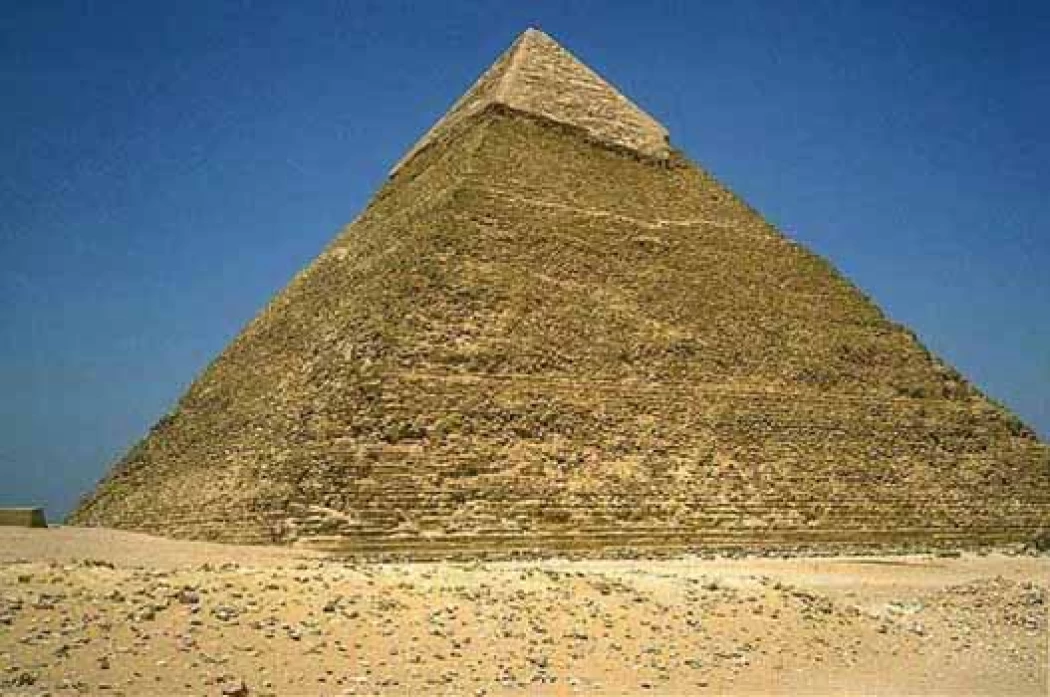

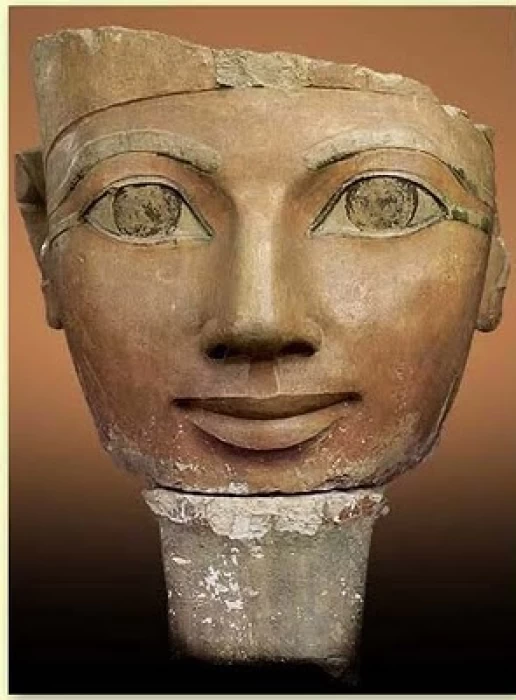
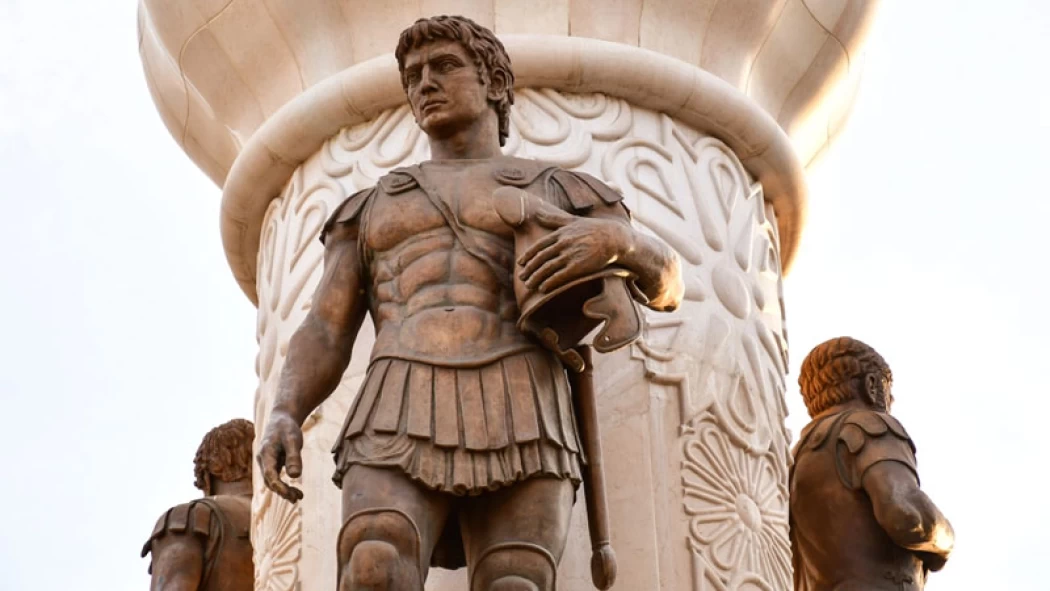
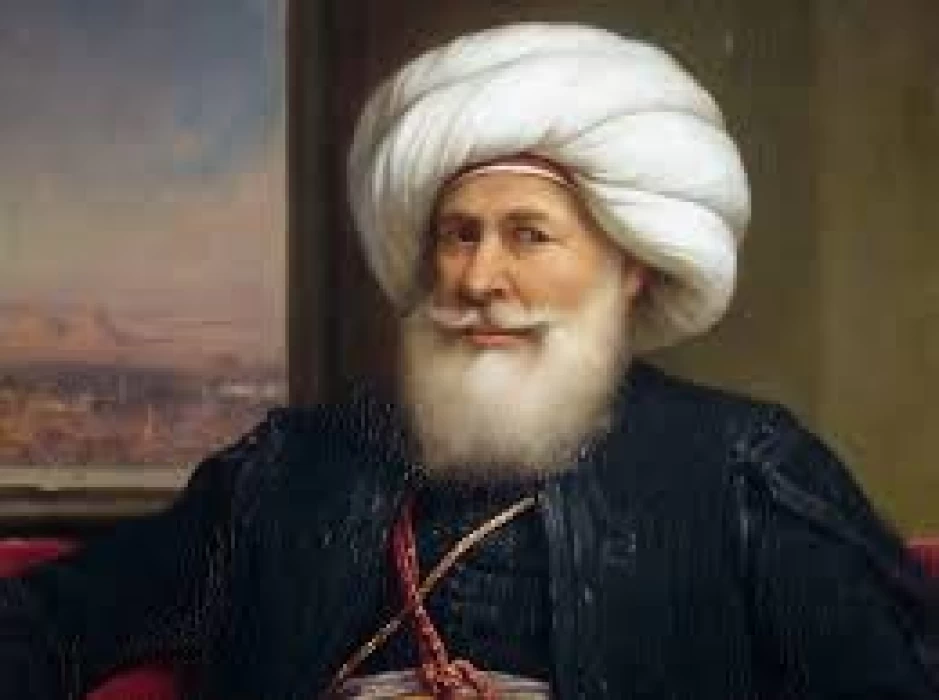
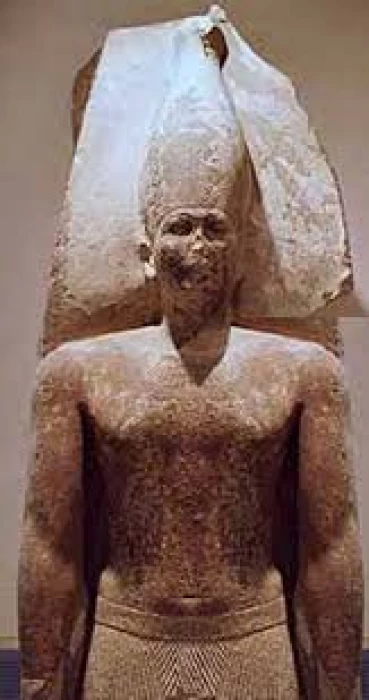
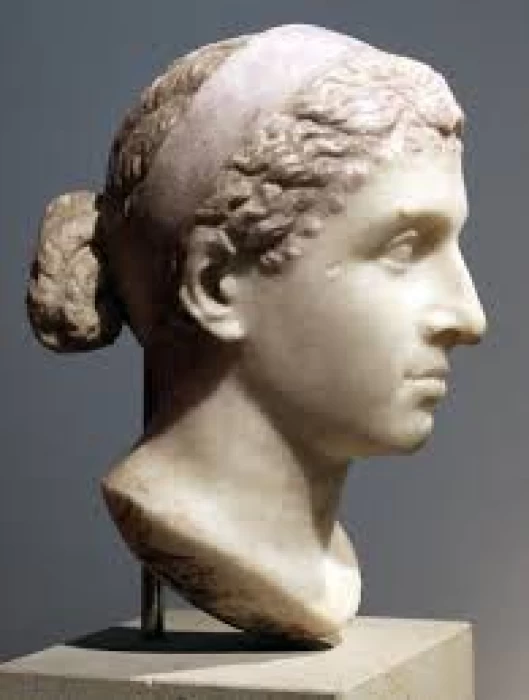
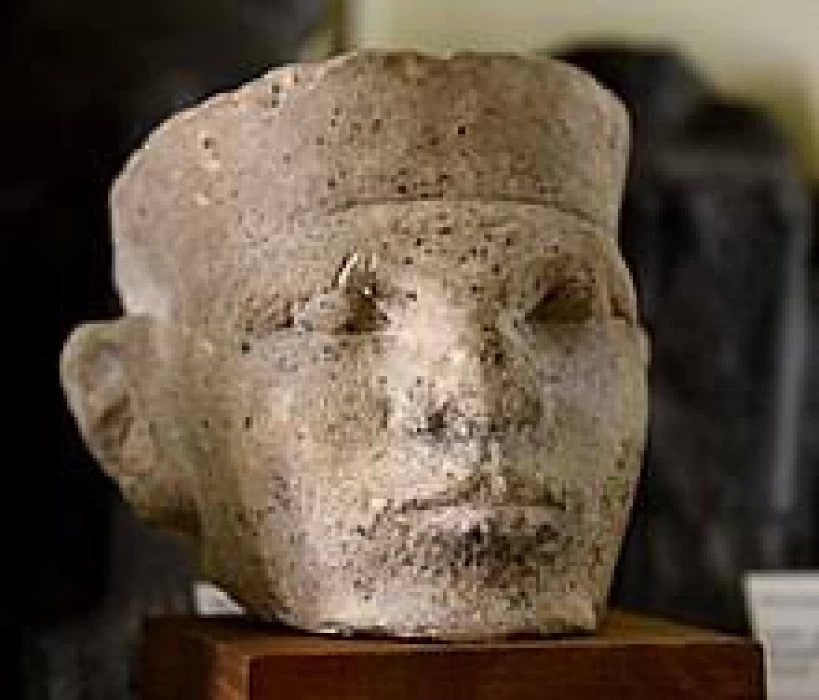
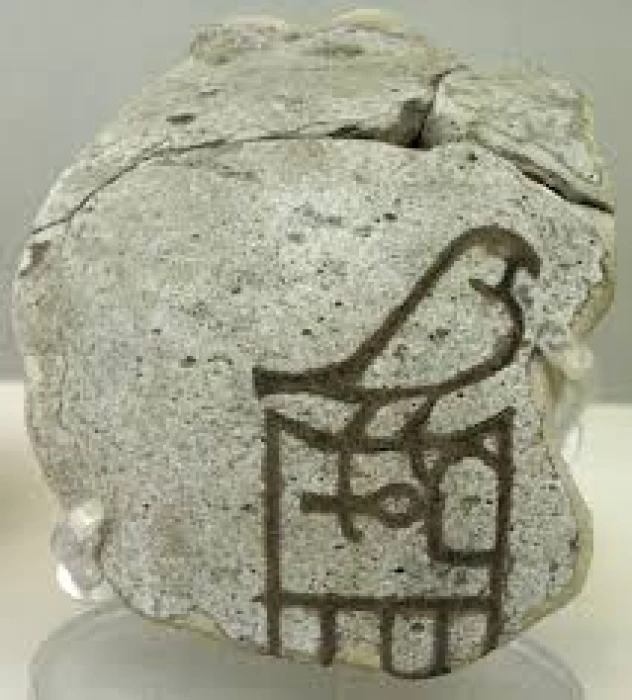
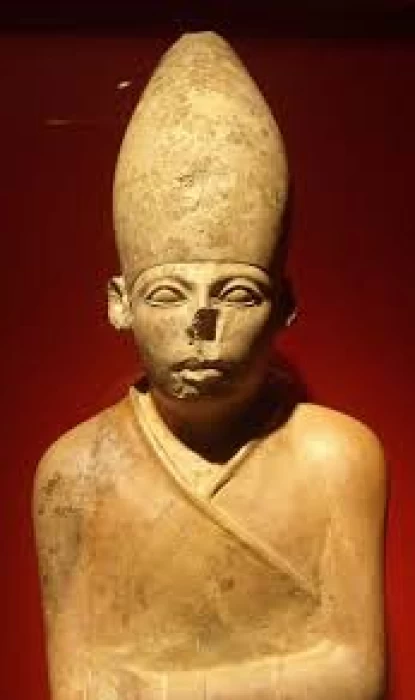
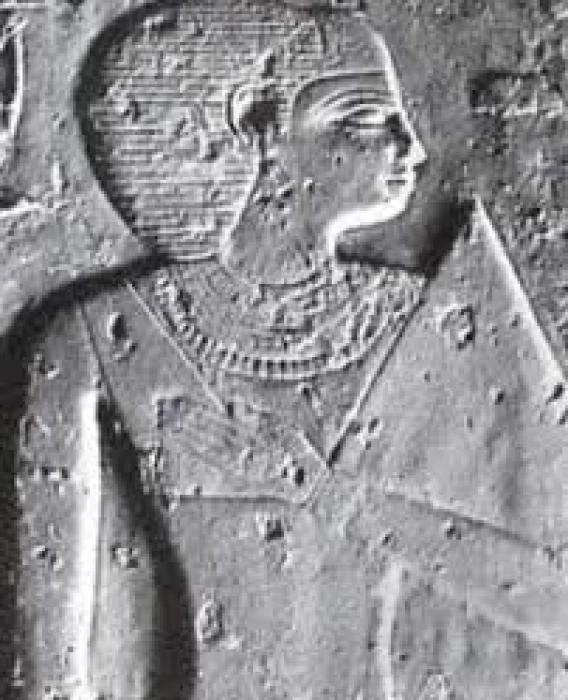
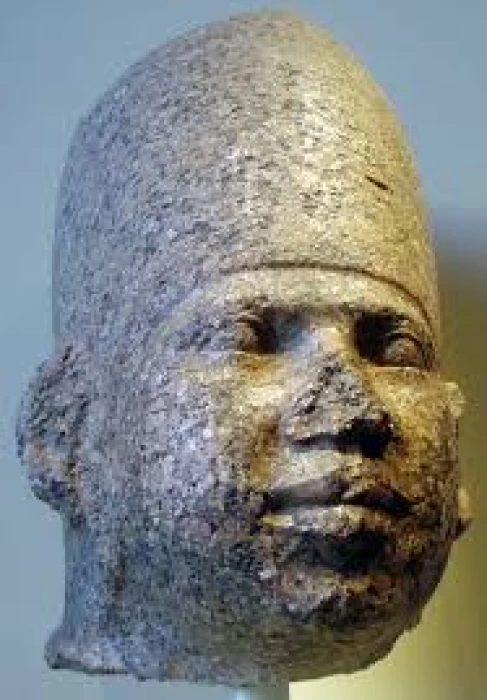
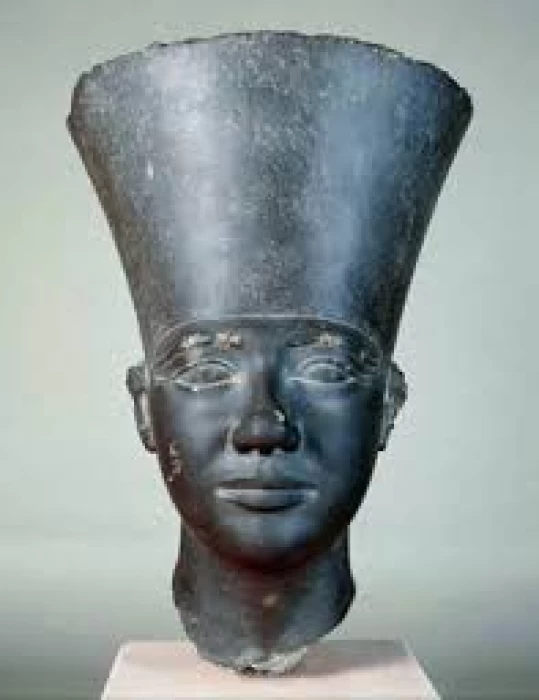
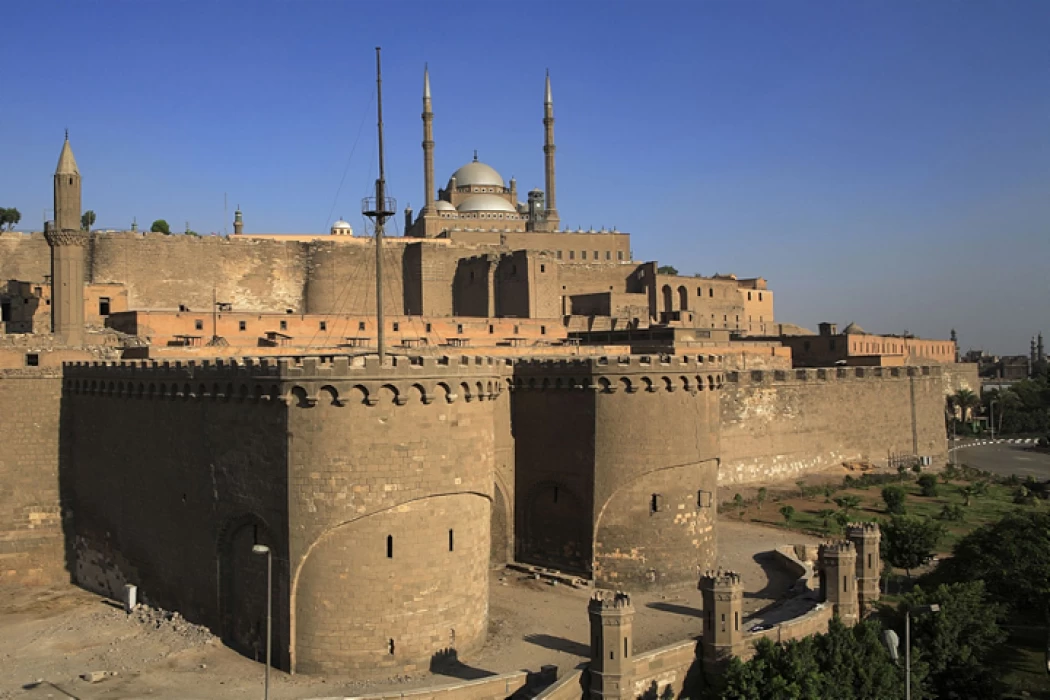
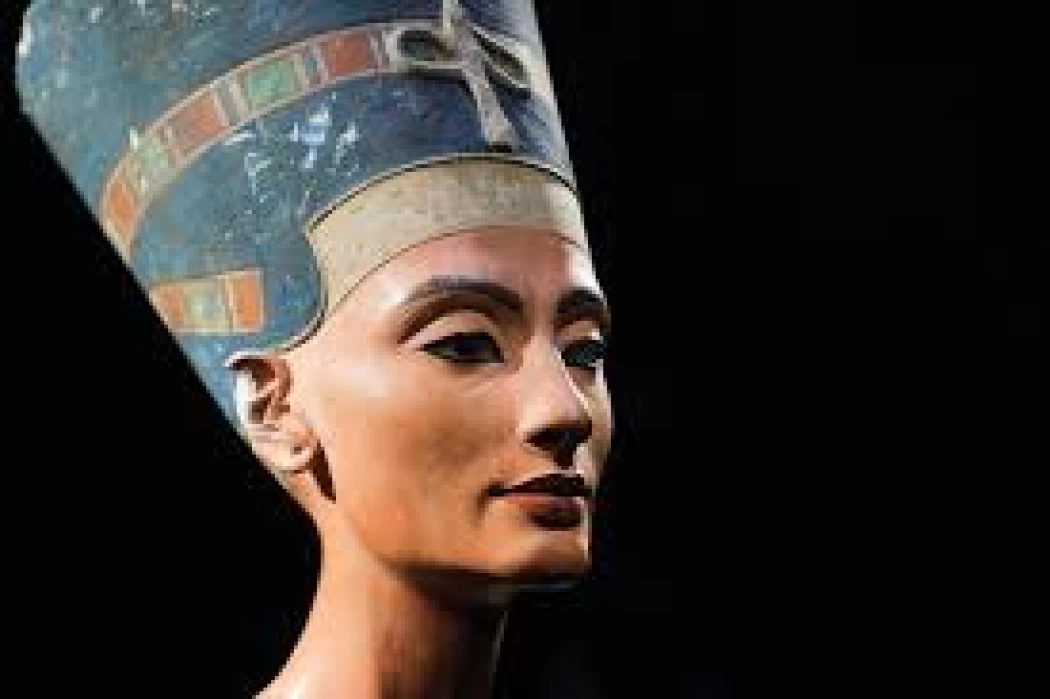
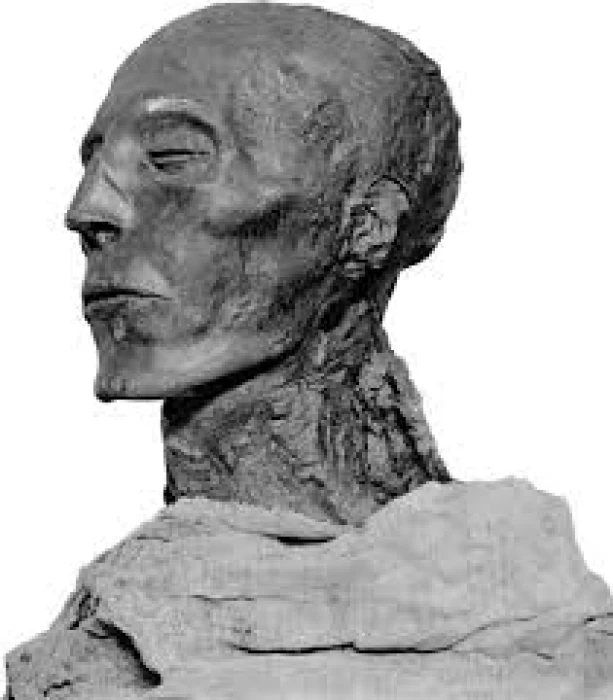
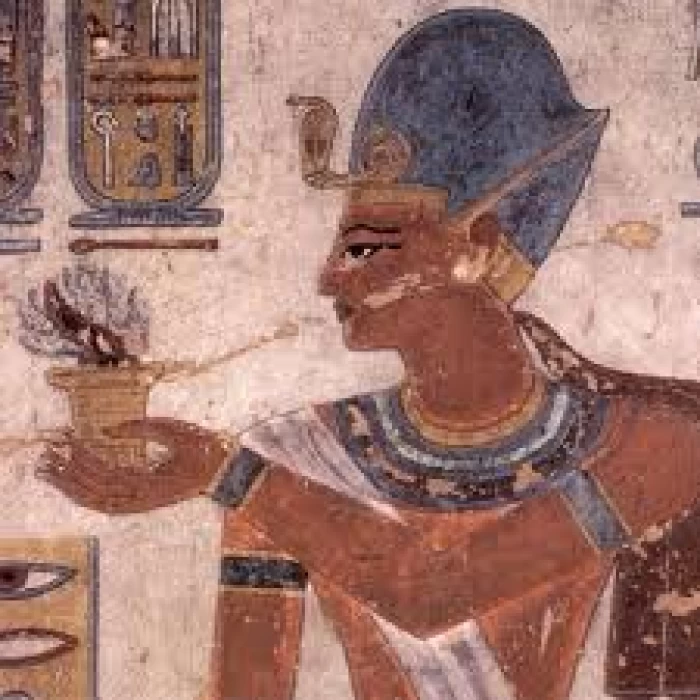
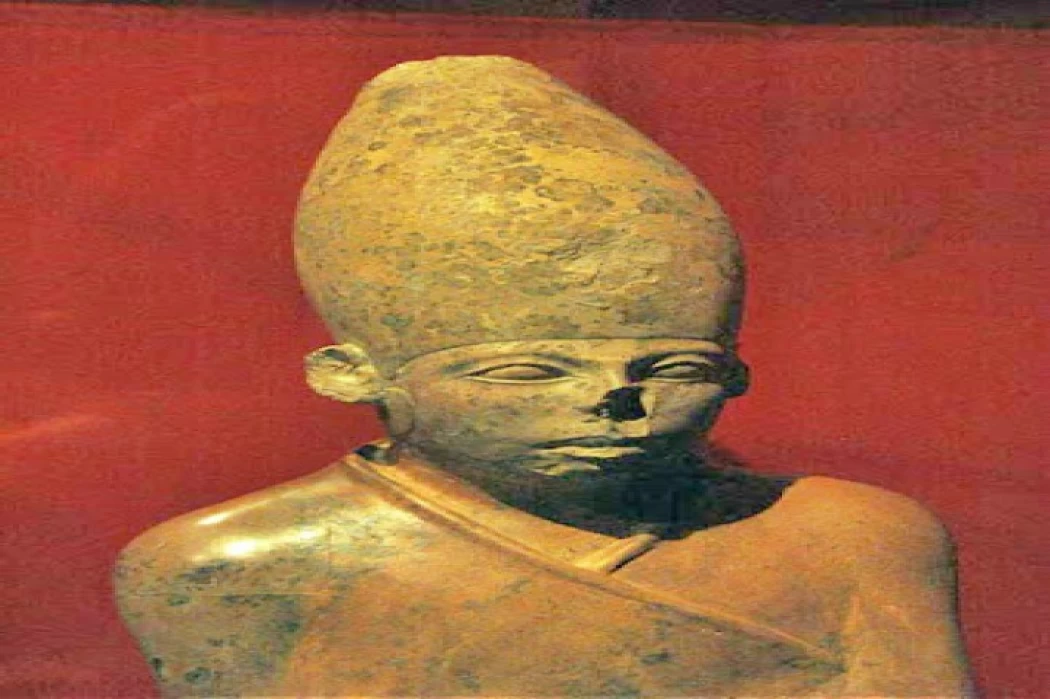
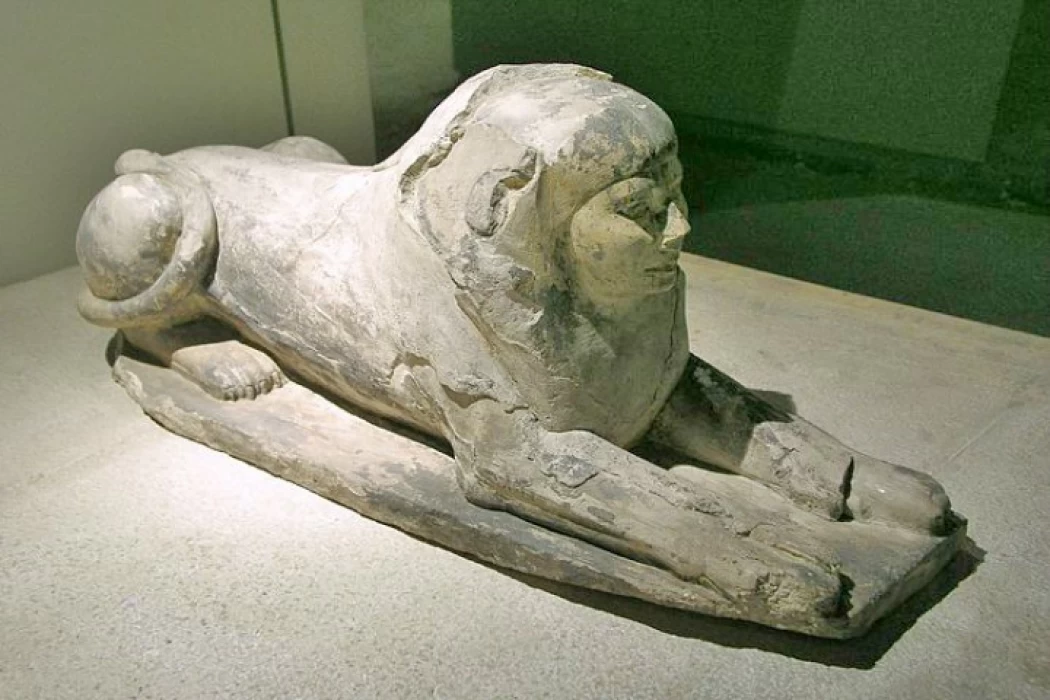
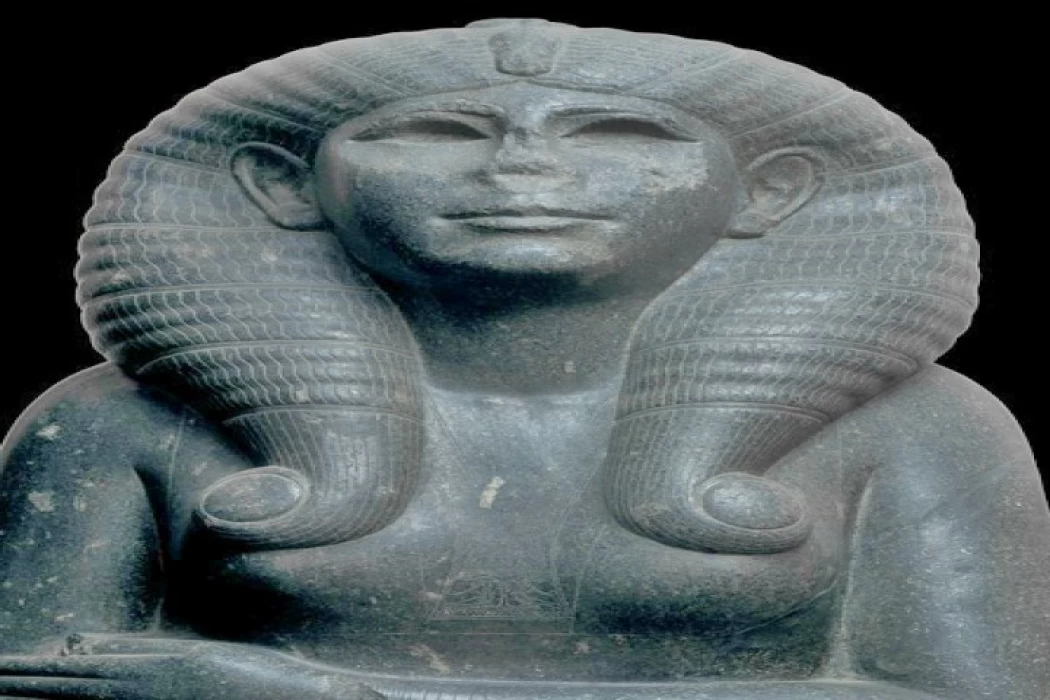
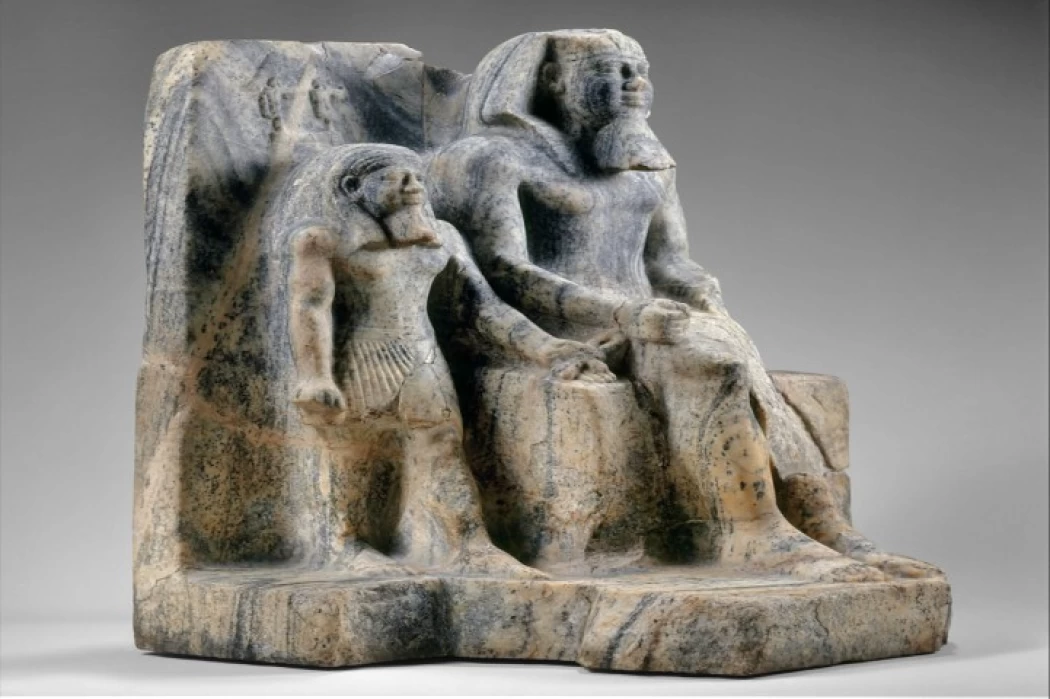
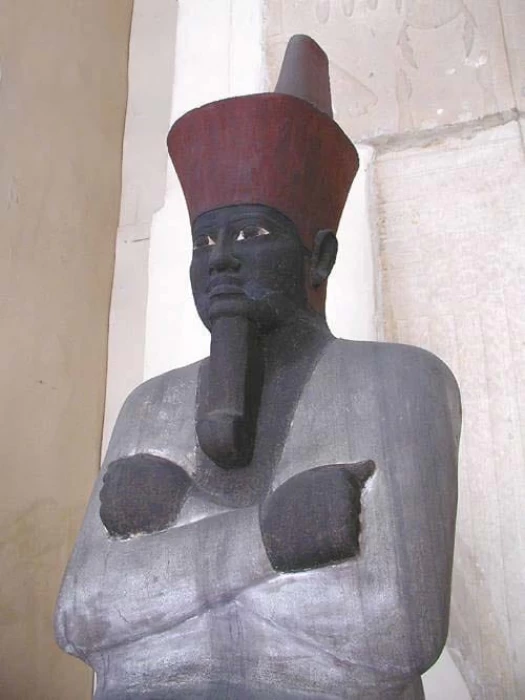
 _ ancient Egypt-webp.webp)

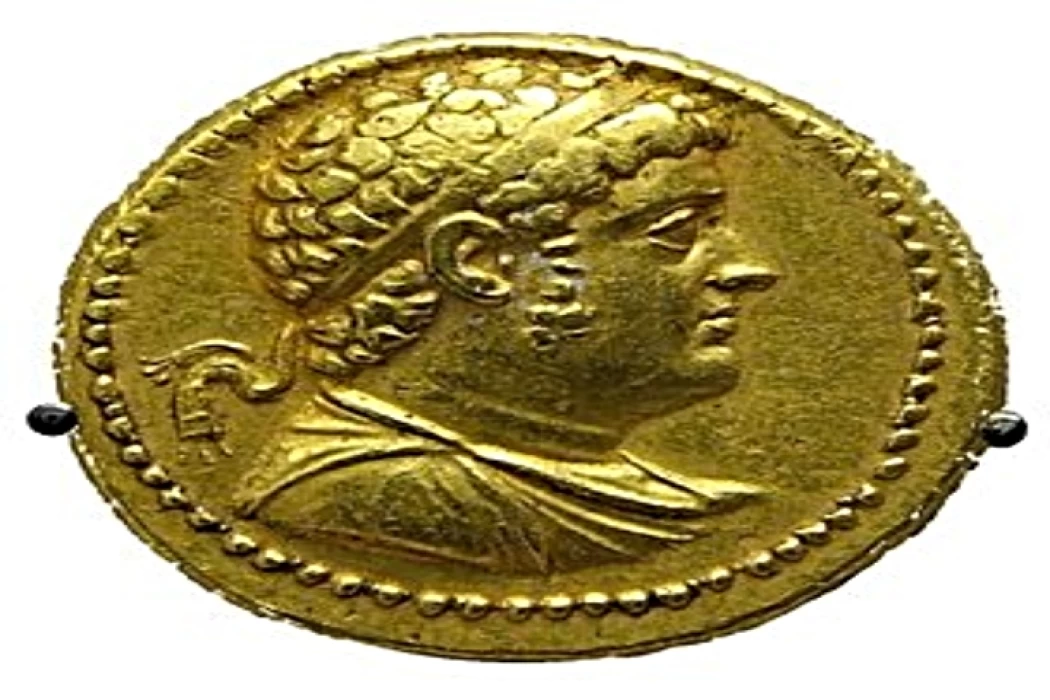
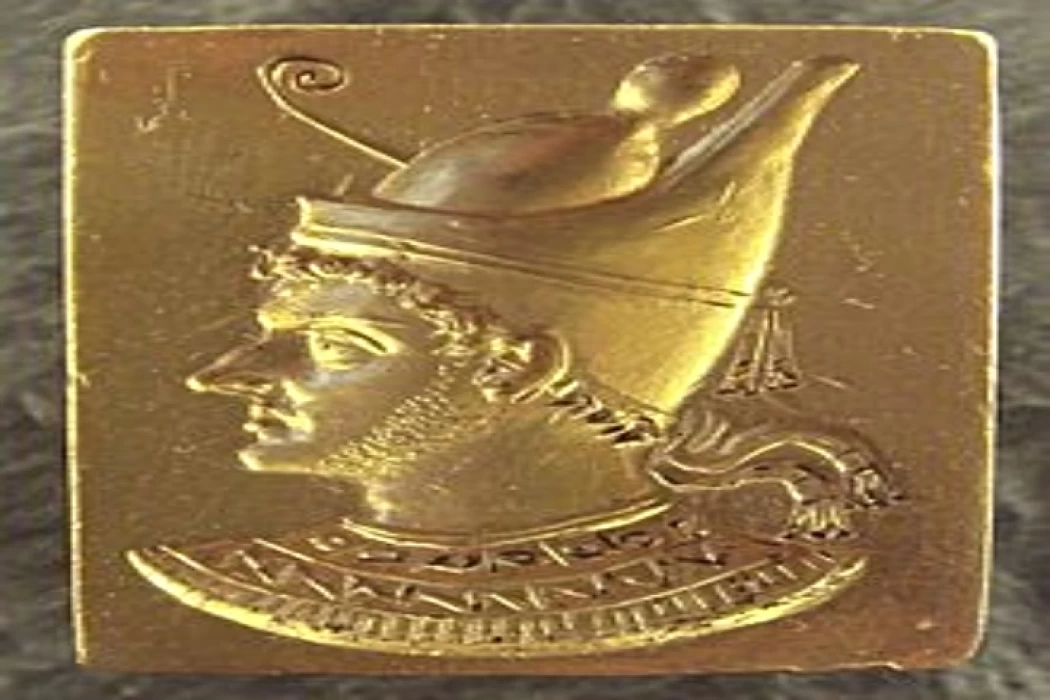
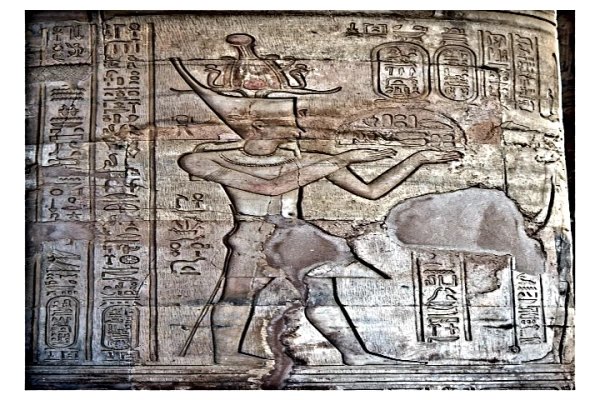
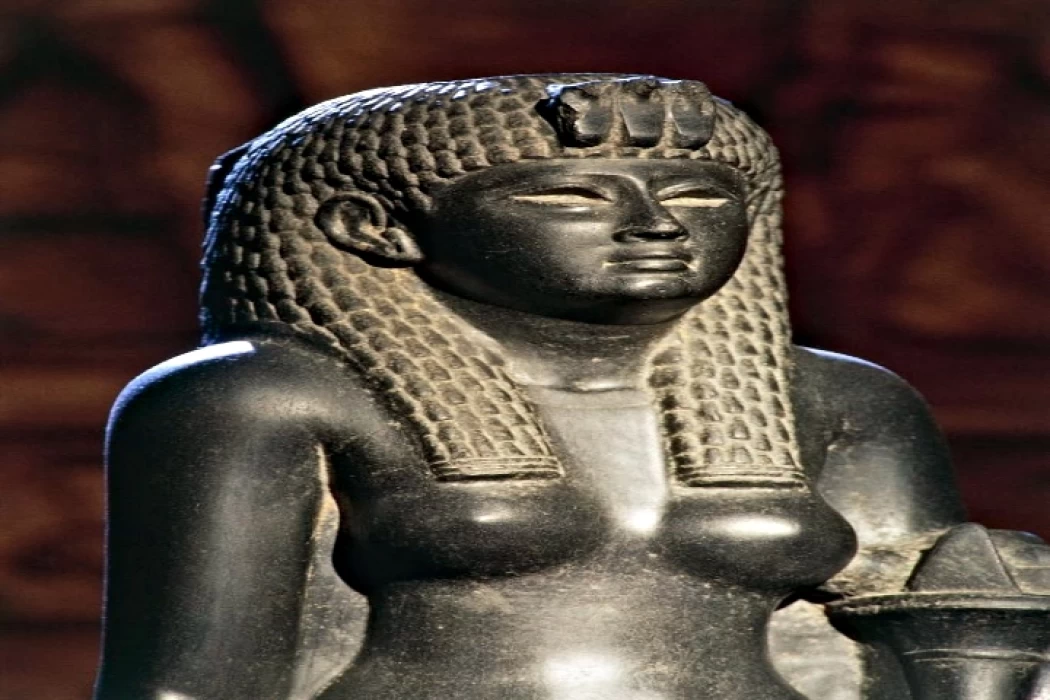
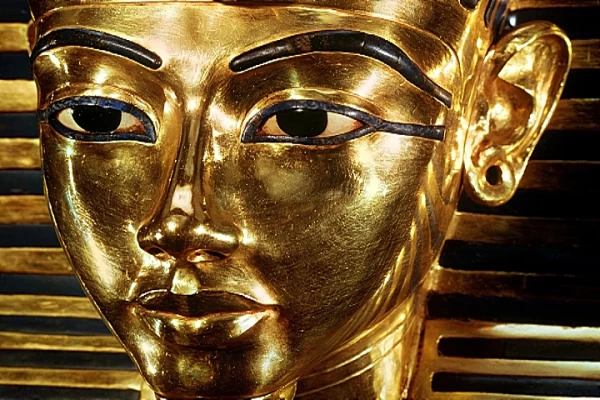


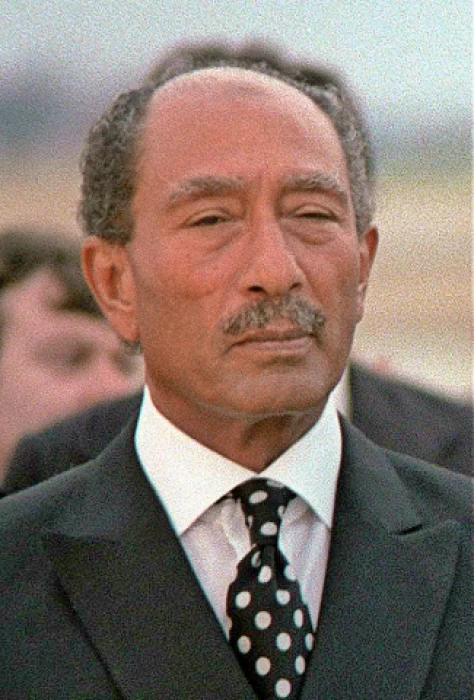
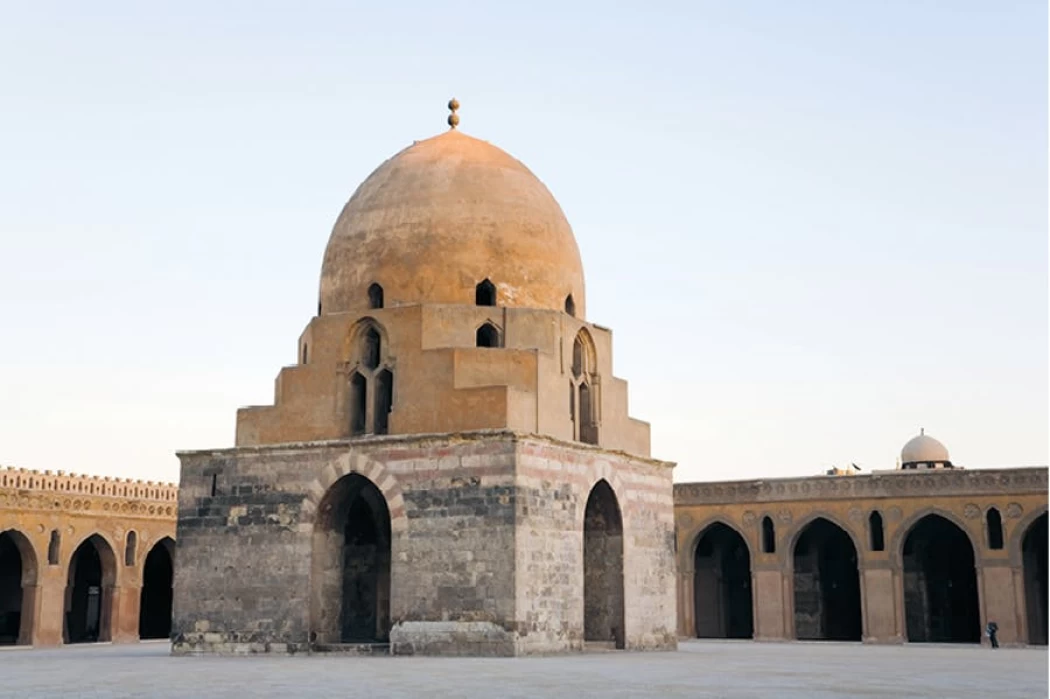

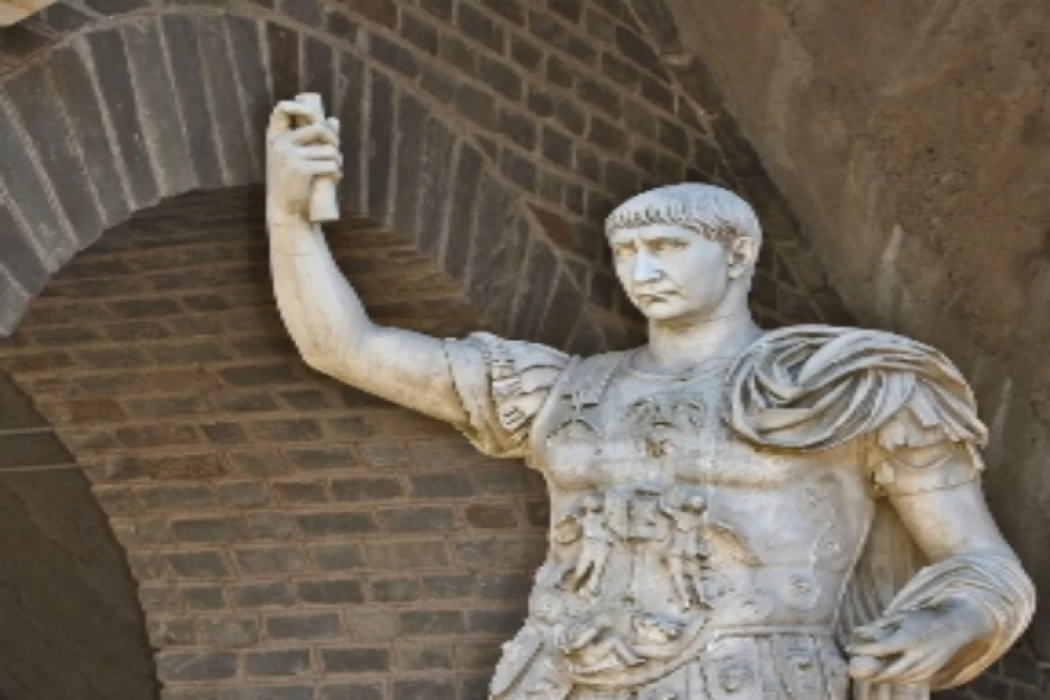
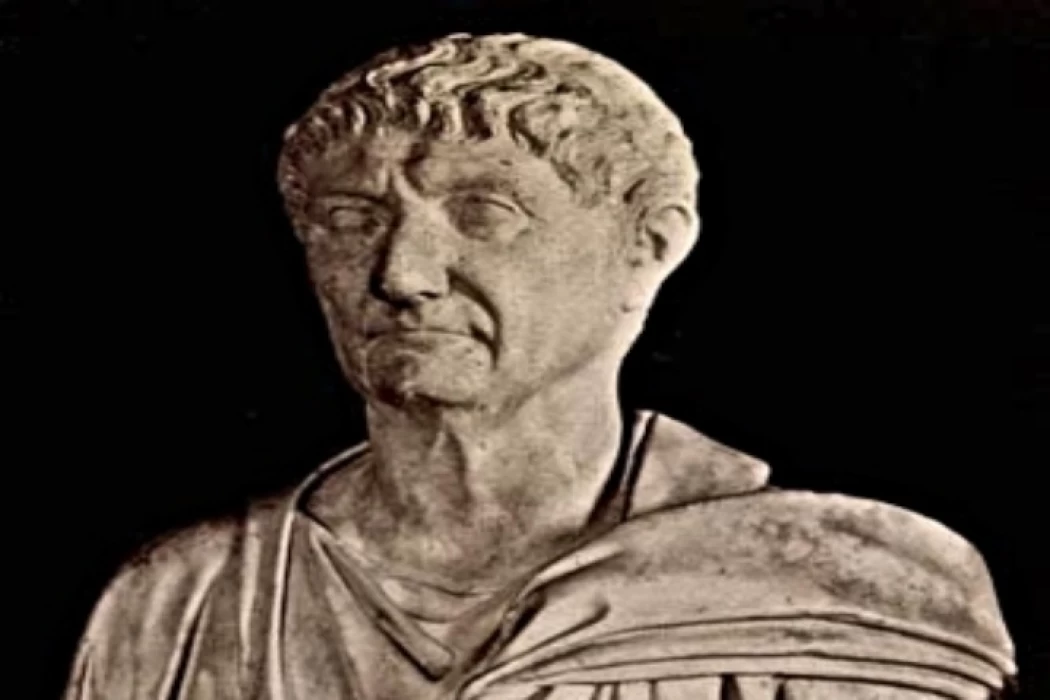
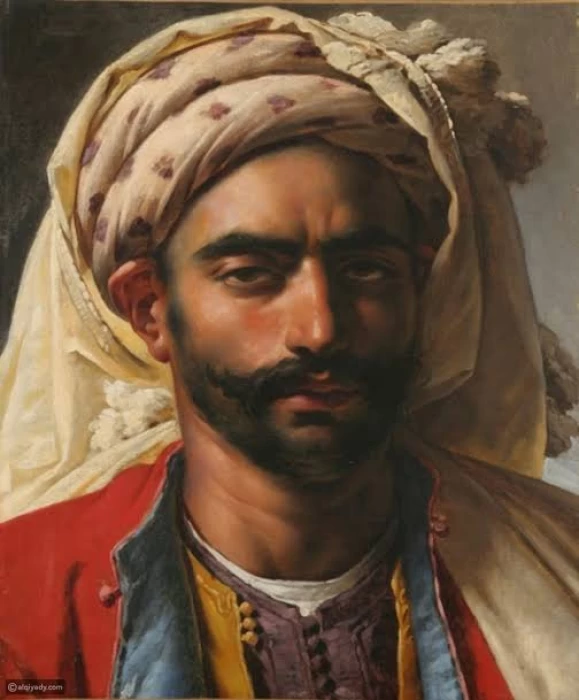
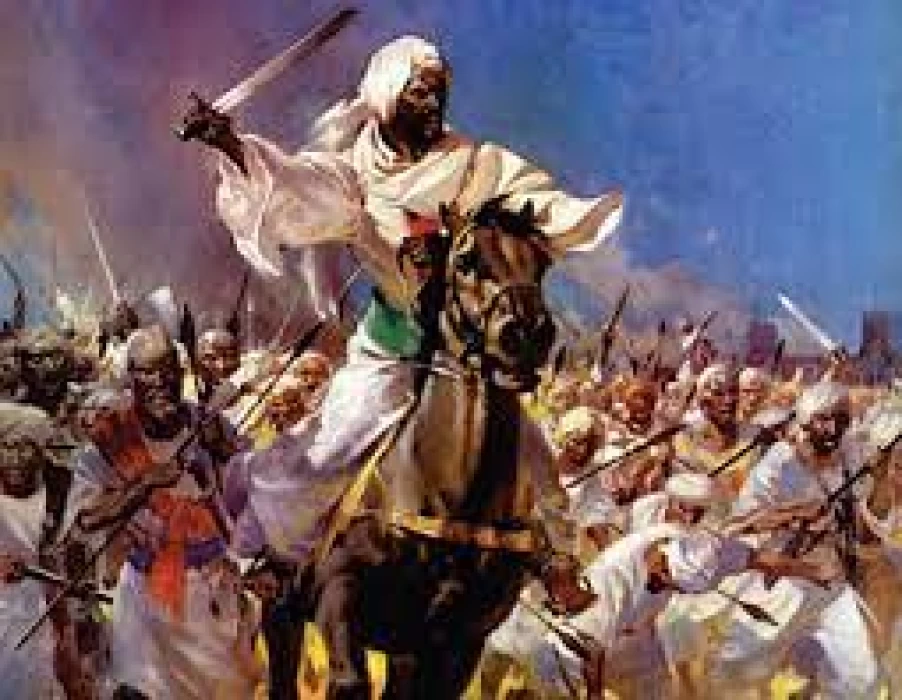
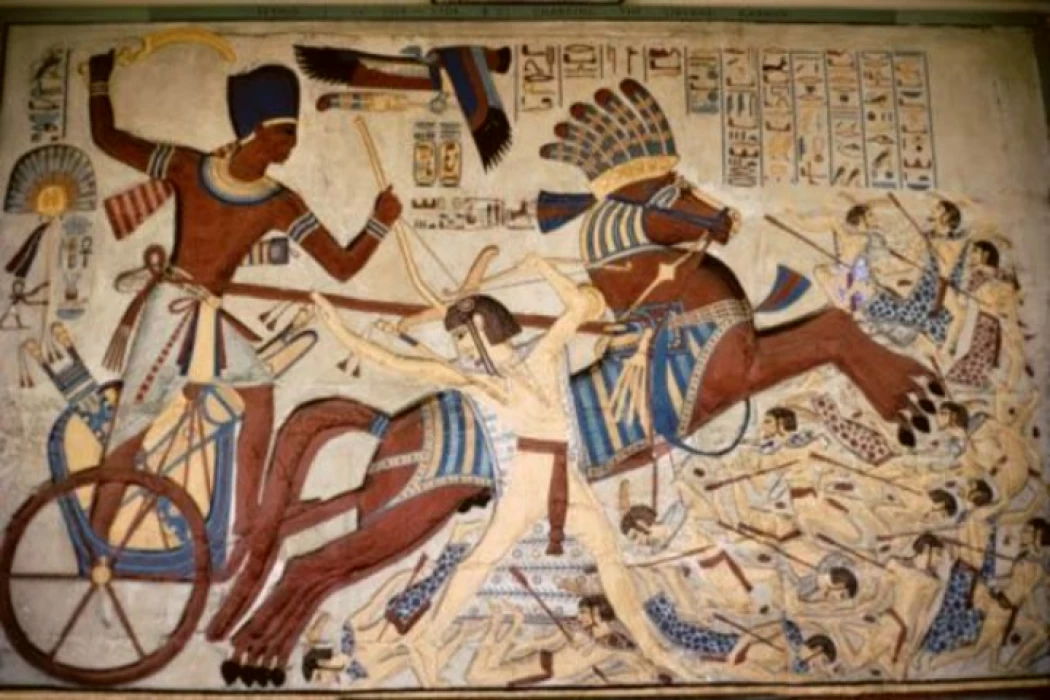
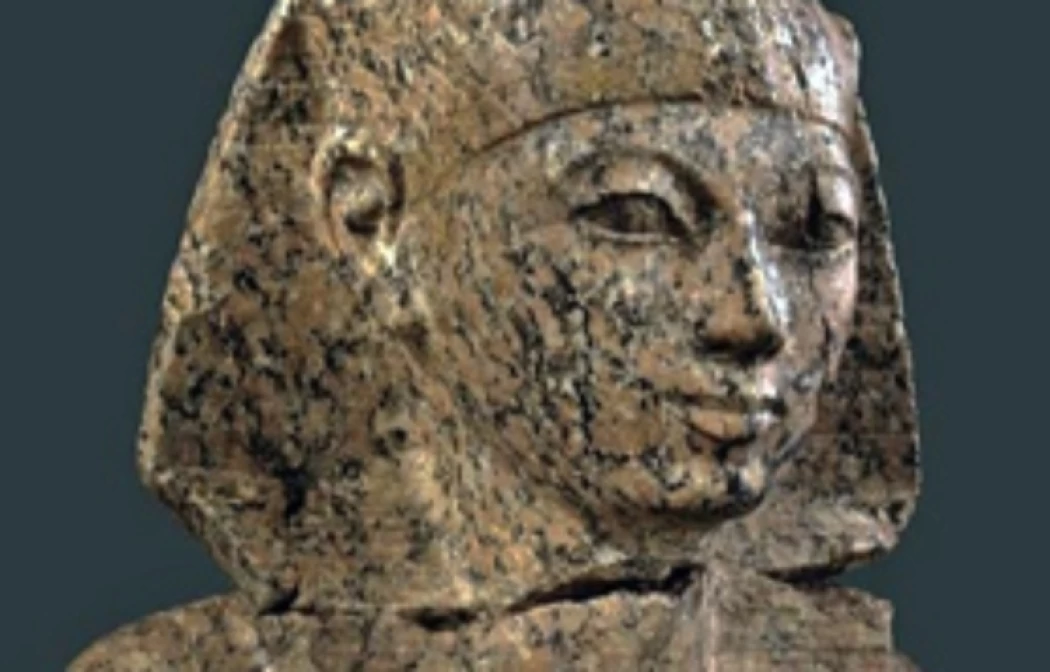
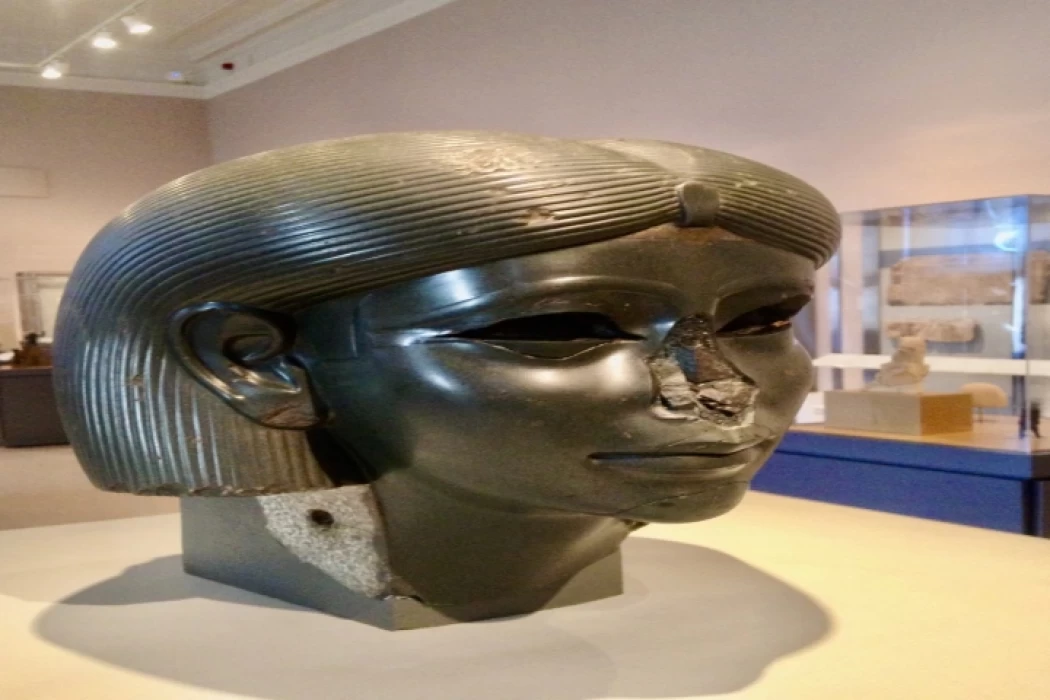
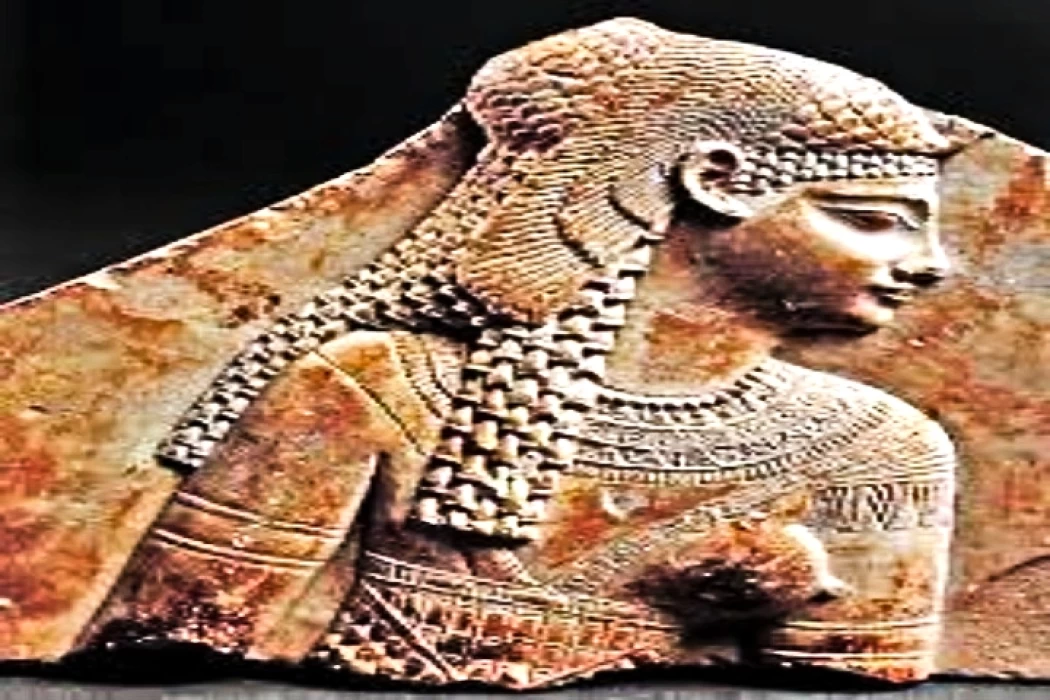
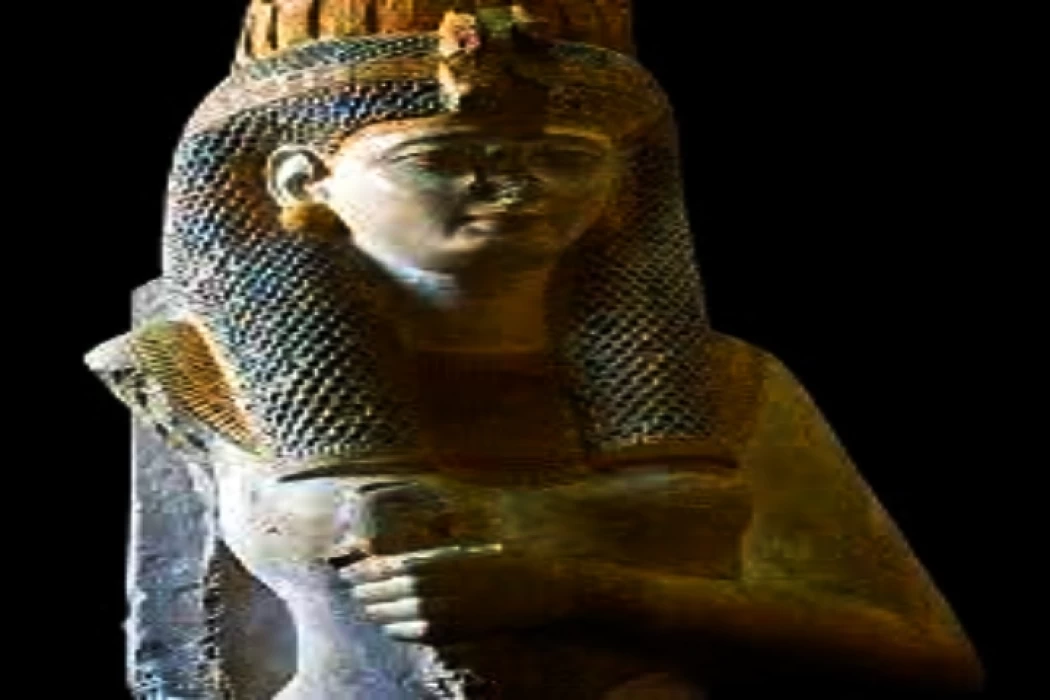
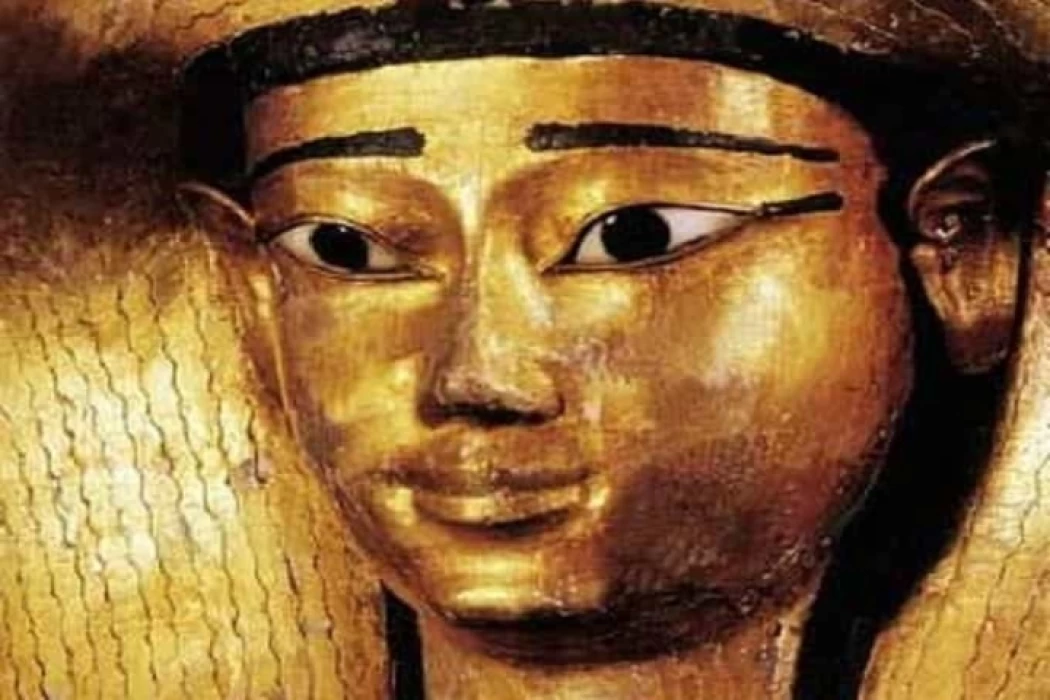
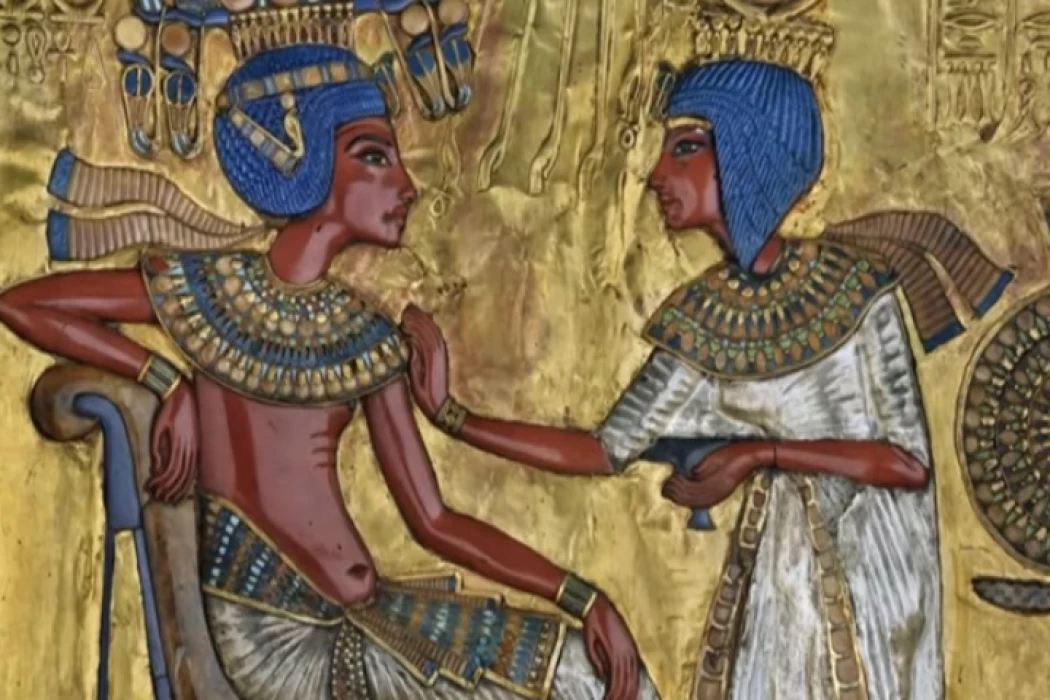
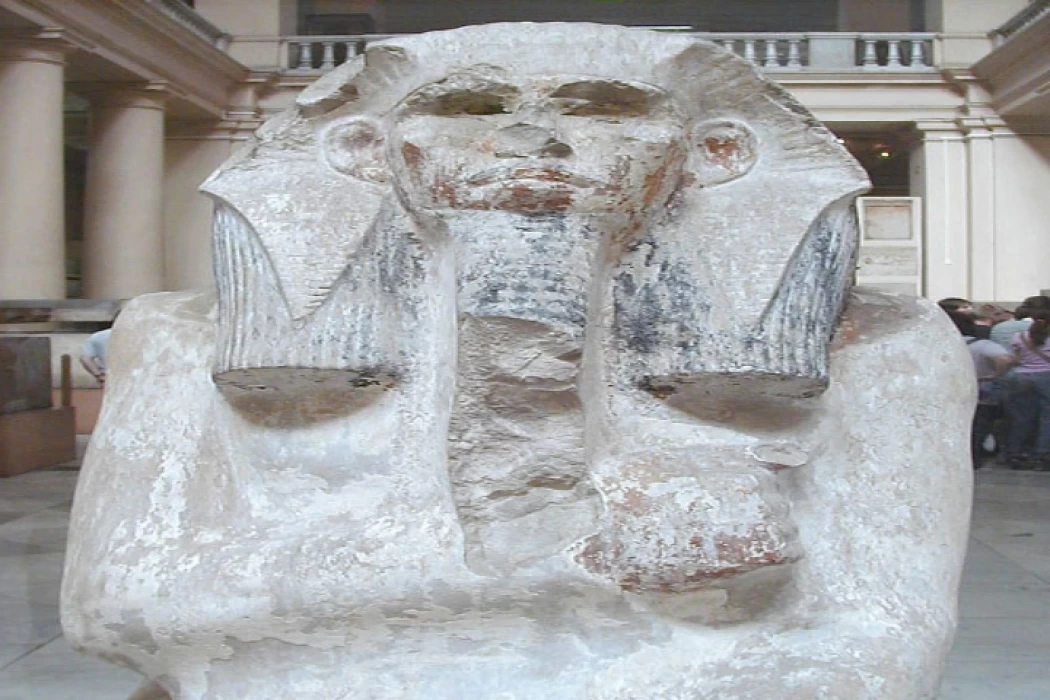
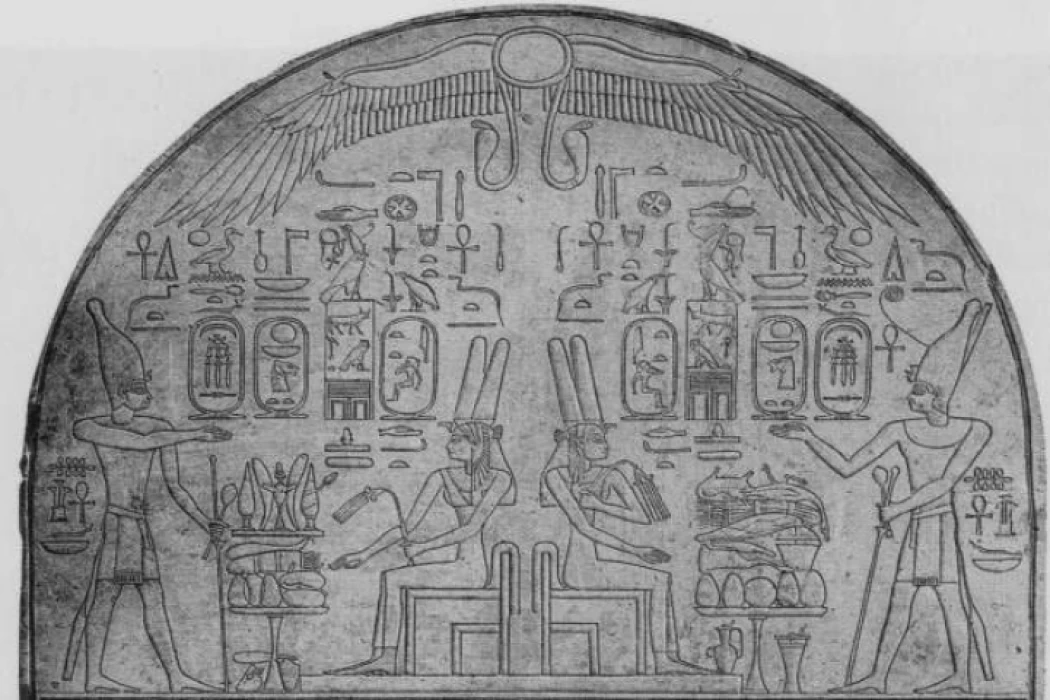
-webp.webp)
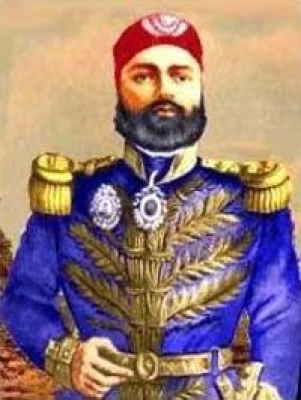
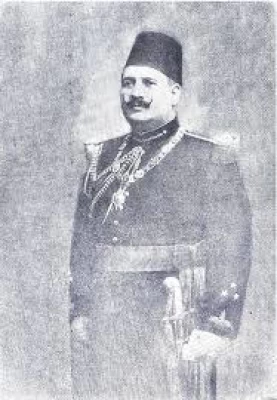
-webp.webp)
-webp.webp)
